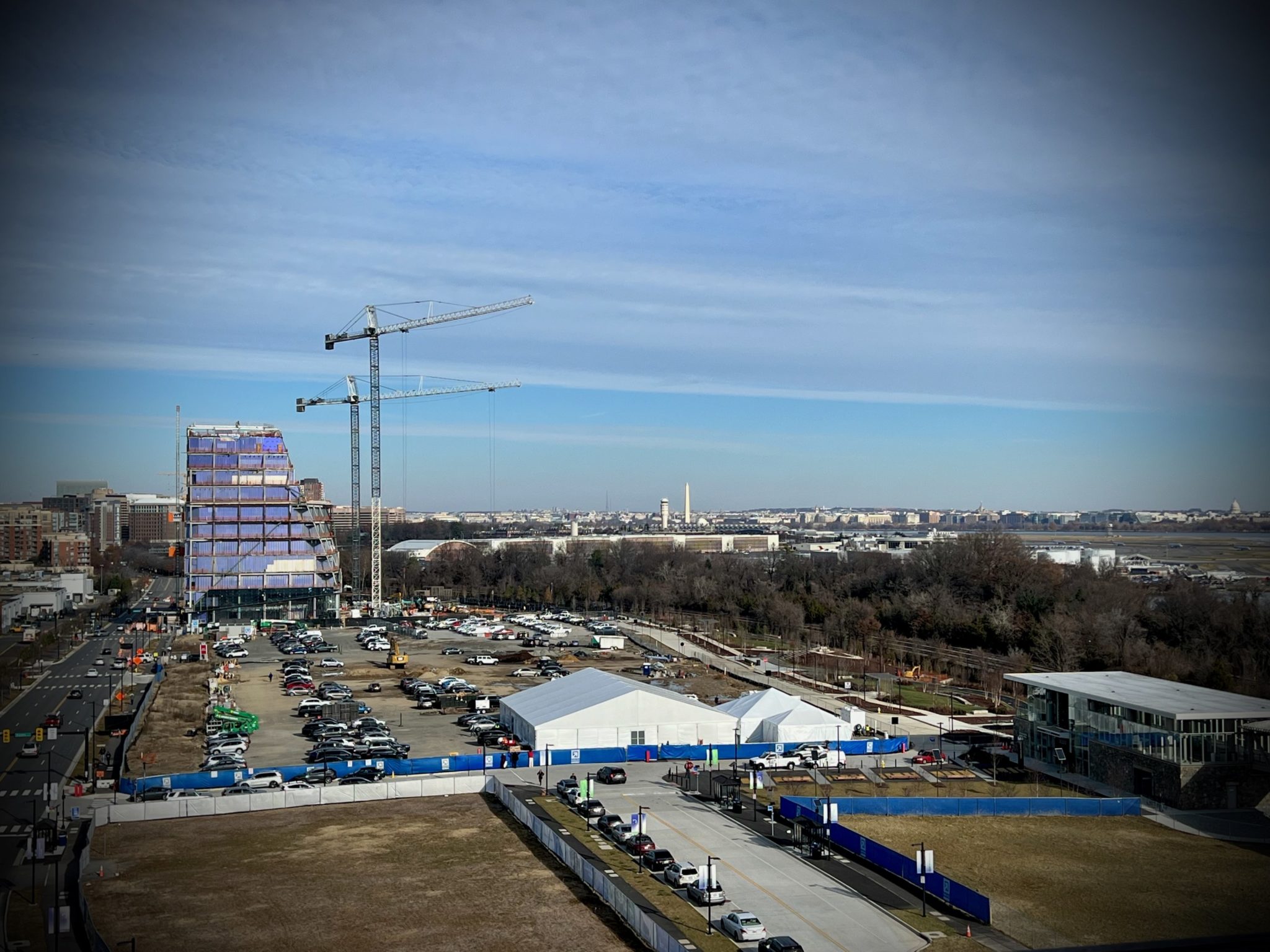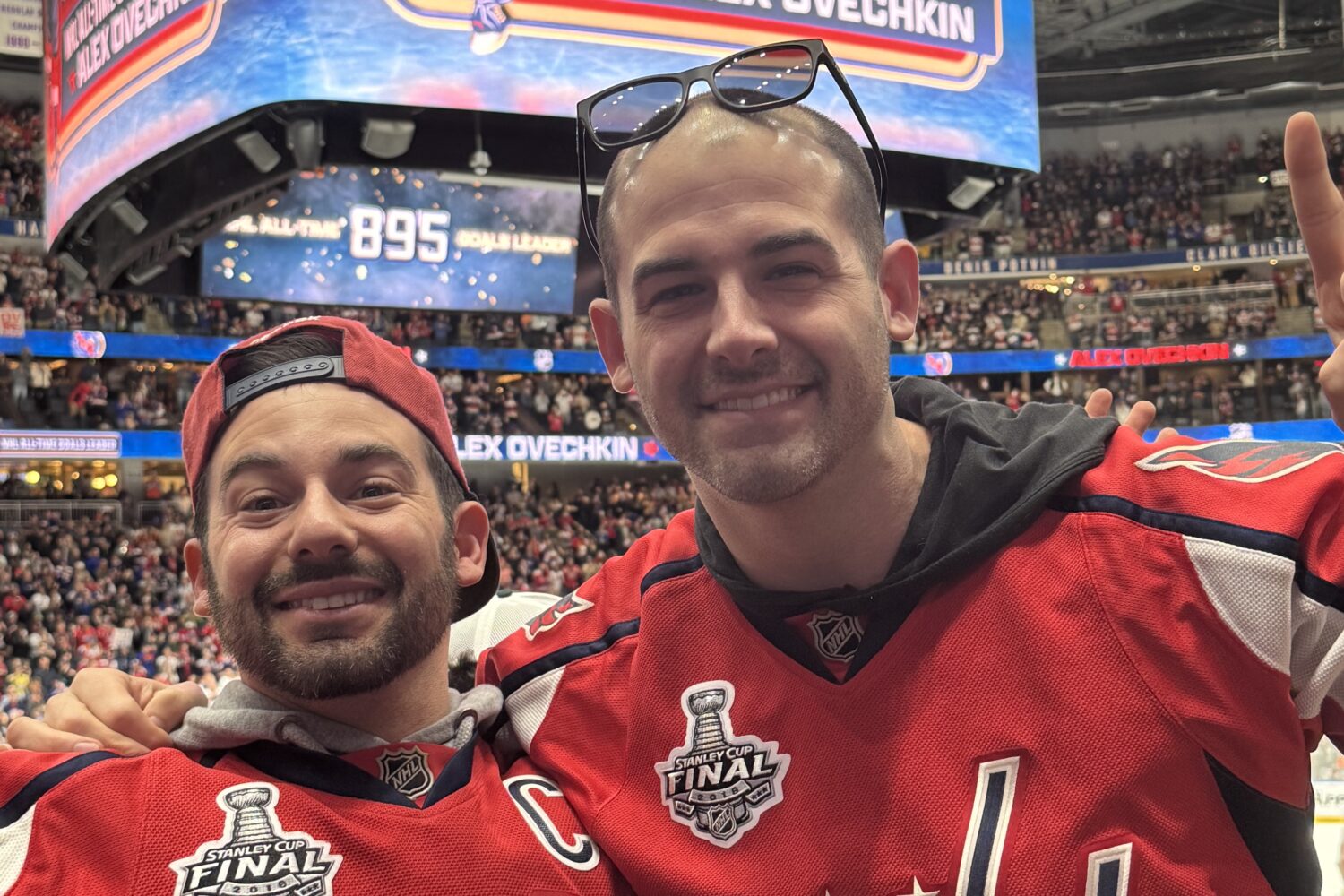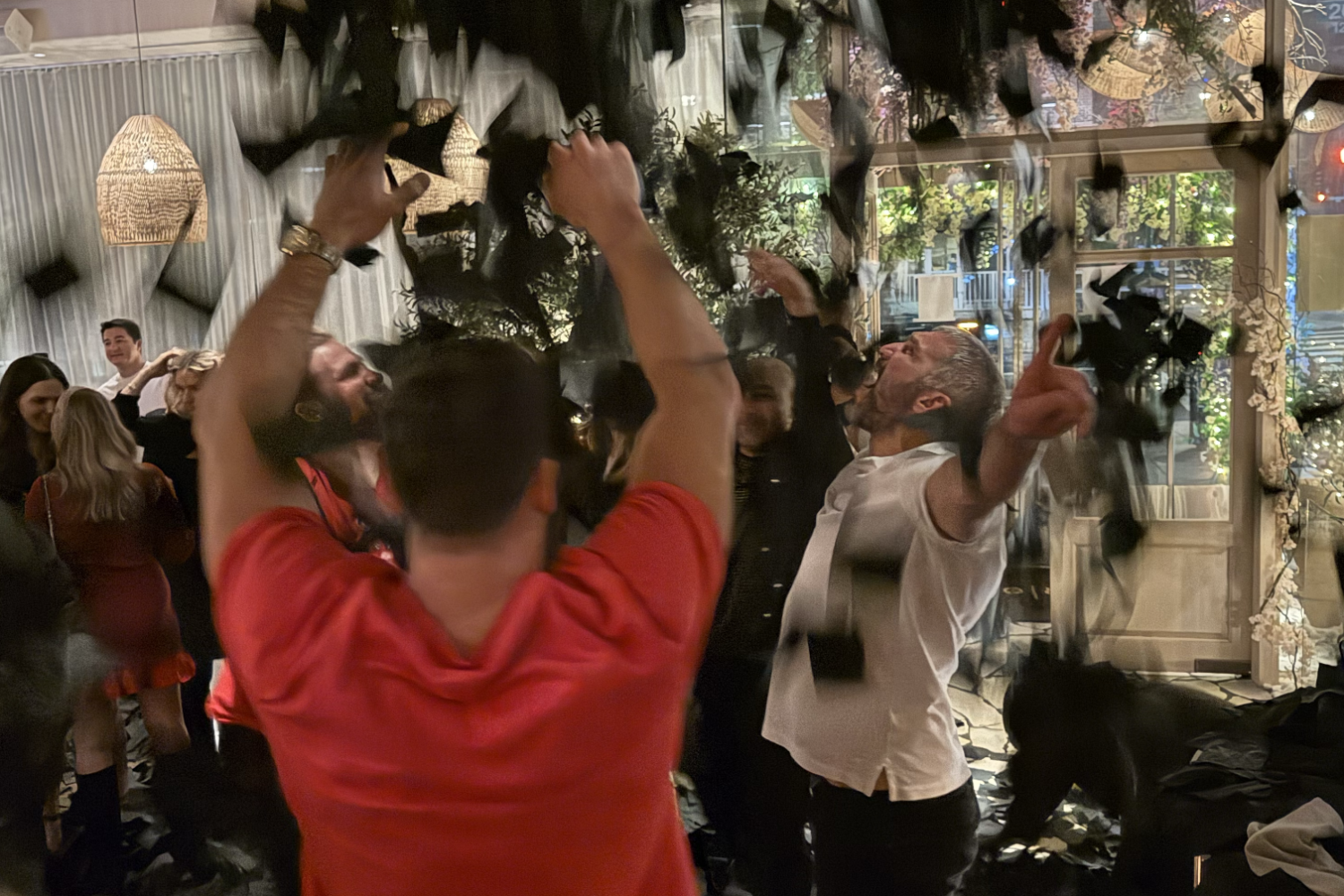Monumental Sports & Entertainment will move the Washington Capitals and Washington Wizards to Alexandria, Monumental CEO Ted Leonsis announced Wednesday morning at a press conference alongside Virginia Governor Glenn Youngkin, US Senator Mark Warner, Alexandria Mayor Justin Wilson, and Virginia House Majority Leader-elect Charniele Herring.
A public-private partnership that also includes area real estate giant JBG Smith will build Monumental a new “entertainment campus” next to the new Potomac Yard Metro station in the area development officials rechristened “National Landing” when Amazon chose it for its second headquarters in 2018.
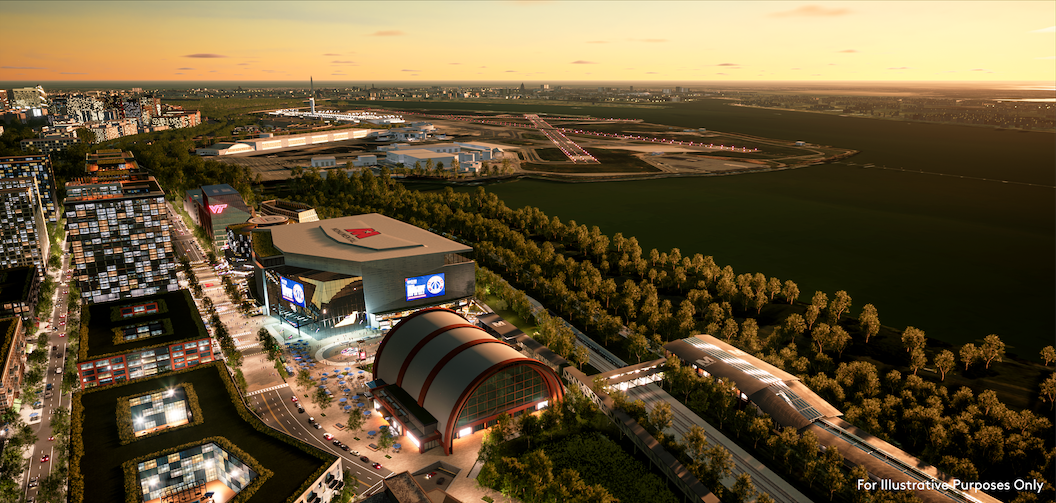
The development could be economically painful for downtown DC, where Capital One Arena serves as the current home to both teams. Opened in 1997, the arena was widely seen as a catalyst for the redevelopment of the area. Now, with many of downtown’s offices still empty after the pandemic and widespread worries about crime, the departure of the teams could have the opposite effect: “If the teams moved out, we are probably looking at a 30- or 40-year recovery,” D.C. Policy Center executive director Yesim Sayin told the Washington Business Journal.
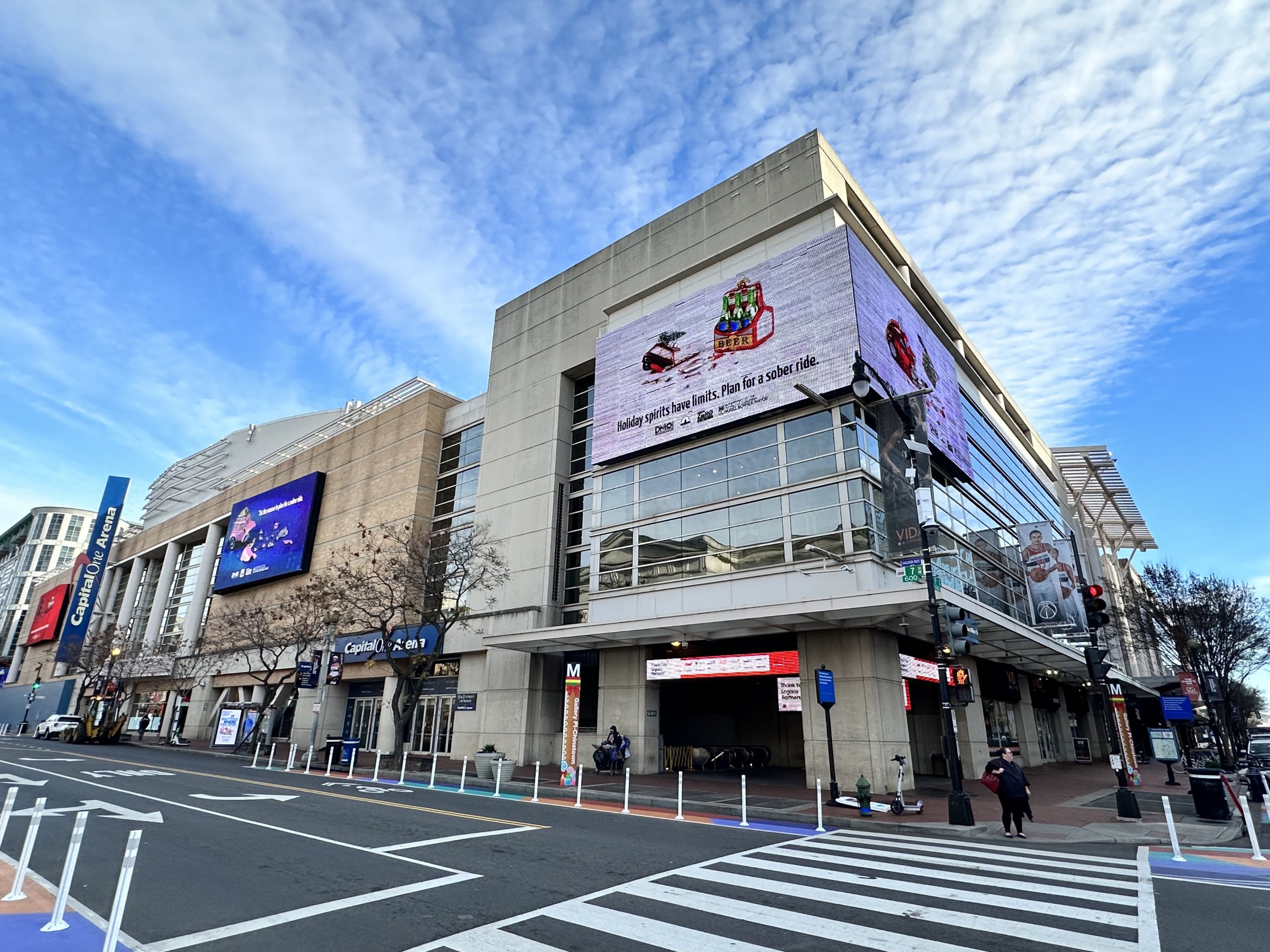
At an event held outside the Potomac Yard Metro station—in tents very similar to the ones where officials celebrated the opening of the station this past May—Youngkin said the new development would take up nine million square feet and feature a new arena for the Caps and Wizards, a practice facility for the Wizards, a 6,000-seat performing arts venue, an e-sports facility, and new retail, residential stock, hotels, and a conference center. “This once-in-a-generation historic development will be the best place to live, work, raise a family, and watch hockey and basketball,” he said.
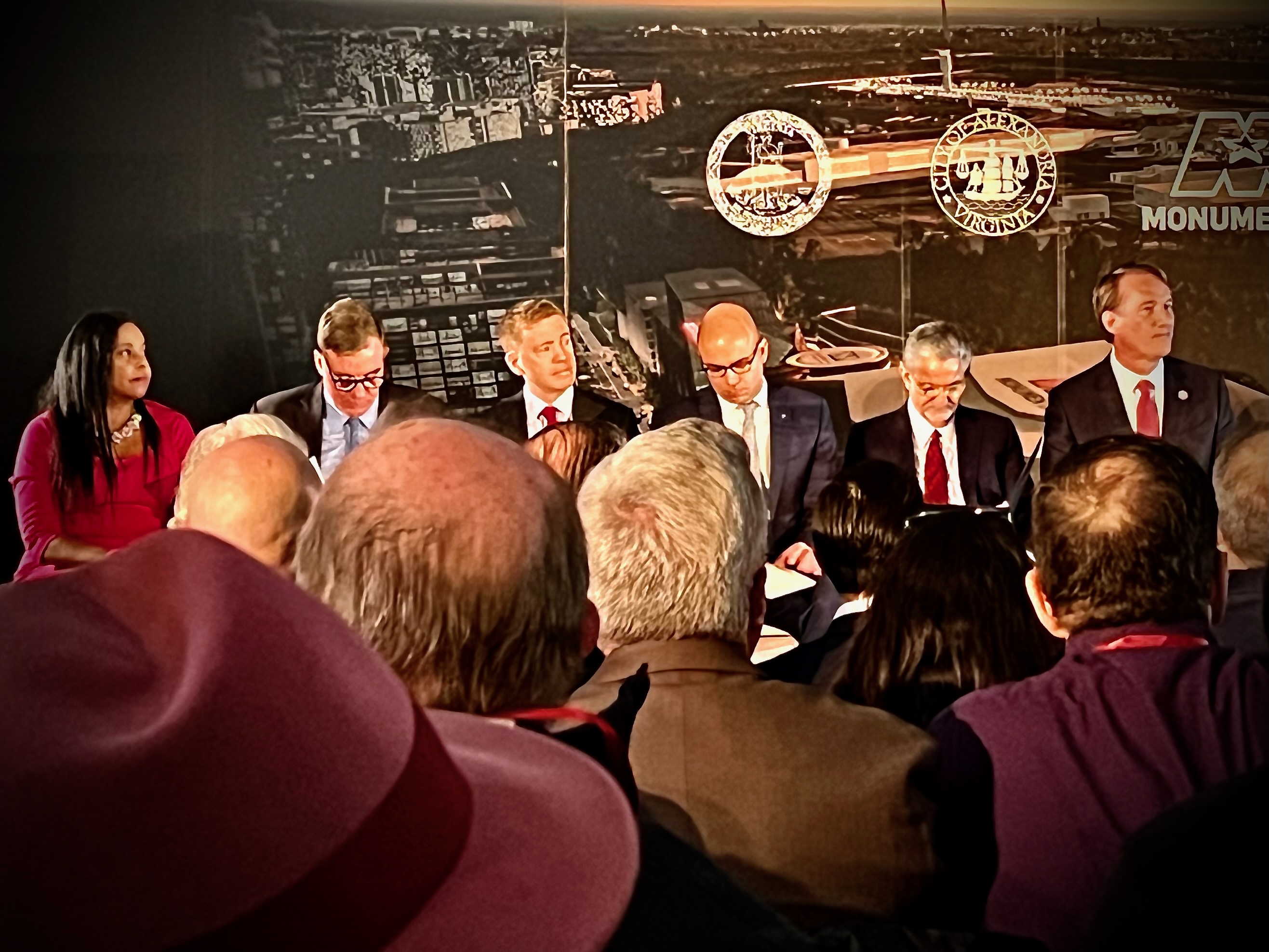
Youngkin said the project would cost $2 billion dollars and claimed it would generate six times that amount in economic activity. Wilson said that Alexandria would approach the project “in a way that is accountable to our taxpayers, respectful to our incredible neighborhoods, and helps us create more housing, schools, transportation improvements, and higher educational opportunities in partnership with our friends at Virginia Tech.” (Virginia Tech is currently building a nearby innovation campus; the school’s president, Timothy Sands, was not present according to Herring because he had hurt himself playing basketball.)
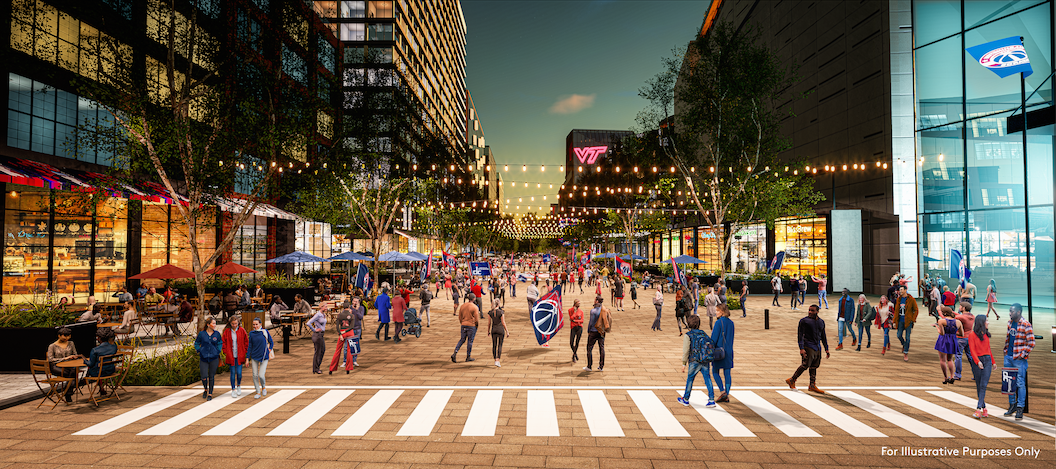
Leonsis said the project fit into his theory of “supercommunities” that incorporate public transportation, access to airports (the Monumental campus will overlook the southern end of National Airport, and you can actually walk to the airport from nearby Crystal City), and world-class universities (Tech’s innovation center, which is under construction a few hundred yards from the site of the proposed entertainment campus, was a key factor in landing Amazon). Monumental will continue to own its current DC arena, Leonsis said, and “my belief is that at Capital One Arena we can host women’s sports” as well as more concerts downtown.
In a press release Wednesday, Monumental said that absent the Caps and Wizards, the arena “would be able to secure more family shows and accommodate annual bookings and mini-residencies that require long-term planning, which is currently not possible with the seasonal changes from the NBA and NHL’s game schedules.”
There are only vague details on how the project will be financed. Youngkin said there would be no “upfront investments” and that it would harness “the financial horsepower of the future incremental taxes and other revenues.” The plan calls for beginning construction in 2025 and opening the venues in 2028. It will still need to be approved by both the Alexandria City Council and the Virginia General Assembly. One signal of the prospects for that deal? The entire city council was seated onstage. Democrats will control both houses of the assembly during its next legislative session, which begins in January. Herring promised that “this opportunity will be among our state’s priorities.”
Warner acknowledged that the next step is to sell the deal to the public. “We’re going to need to all go out and be missionaries into the community to make the case, to hear people’s concerns, legitimate and otherwise, and come back and try to rectify those,” he said. Some of those concerns could be heard from a handful of protesters who lifted signs above the fence around the tents and whose shouts could be heard inside the venue. “We’re going to have to lawyer up,” said Adrien Lopez, who said she lived in Potomac Yard and carried a sign that read “Moms Against Monumental.”
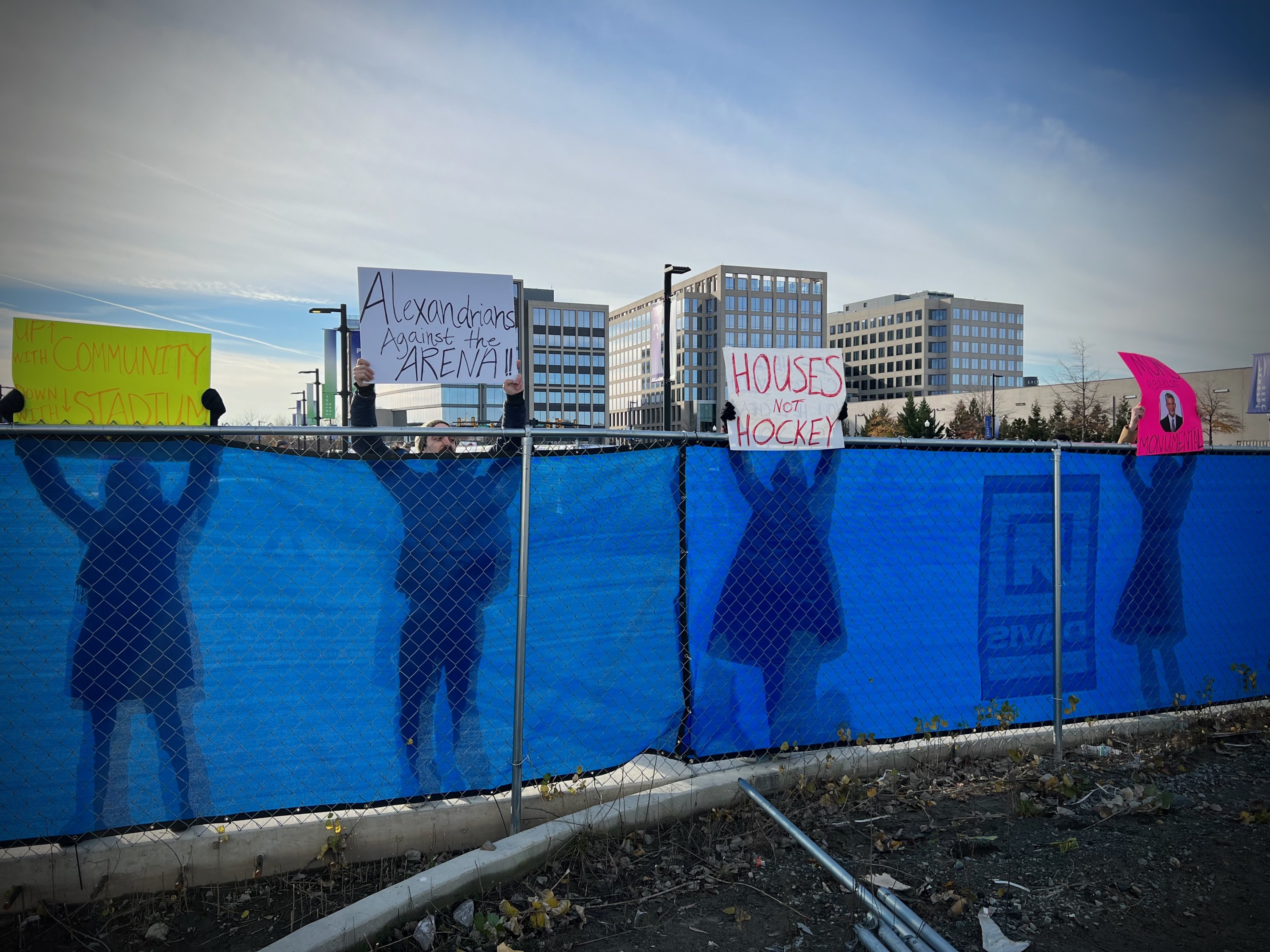
“I think we can do it in a way that is going to not just protect our neighborhoods, but actually enhance our quality of life in this community,” Wilson told Washingtonian. “We have said for a long time that the economy of our city is overly dependent on residential taxpayers, and this helps in a giant way, in a very different market than we used to have. I think everybody would love to build office buildings everywhere, but that’s not reality in 2023, in a post-pandemic world.”

